Hello and welcome back to another Friday Product Post here at SparkFun Electronics! This week we are cranking things to 11 and converting digital to analog and vice versa! That's right, our new Qwiic-enabled Audio Codec Breakout is now available, and trust us when we say, that as far as audio boards go, this is one you'll definitely want to pick up if you're interested! You're also going to want to check out the video since we go into a lot of detail with this board! Following that, we have a new version of our Hot-Air Rework Station that comes at a much more economical price point! Let take a closer look at this week's new products!
It's TNT! It's dynamite!
The SparkFun WM8960 Audio Codec Breakout is a low-power, high-quality stereo codec with 1W Stereo Class D speaker drivers and headphone drivers. The WM8960 acts as a stereo audio ADC and DAC and communicates using I2S, a standard audio data protocol (not to be confused with I2C). This audio codec is chock full of features some of which include advanced on-chip digital signal processing for automatic level control (ALC) for the line or microphone input, programmable gain amplifier (PGA), pop and click suppression, and its ability to configure I2S settings and analog audio path through software via I2C.
This hot-air rework station is great for professionals and hobbyists in need of tight temperature tolerances and large air flows. This unit displays a digital readout of the actual air temperature with a flow rate of up to 24L per minute. This very powerful unit can be used for multiple applications including standard SMD reflow/repair/removal, thermal IC stress testing, thermoplastic welding, and shrink-wrapping.
That's it for this week. As always, we can't wait to see what you make. Shoot us a tweet @sparkfun, or let us know on Instagram, Facebook or LinkedIn. Please be safe out there, be kind to one another! We'll be back with more new products next week so make sure to check back then. Happy hacking!
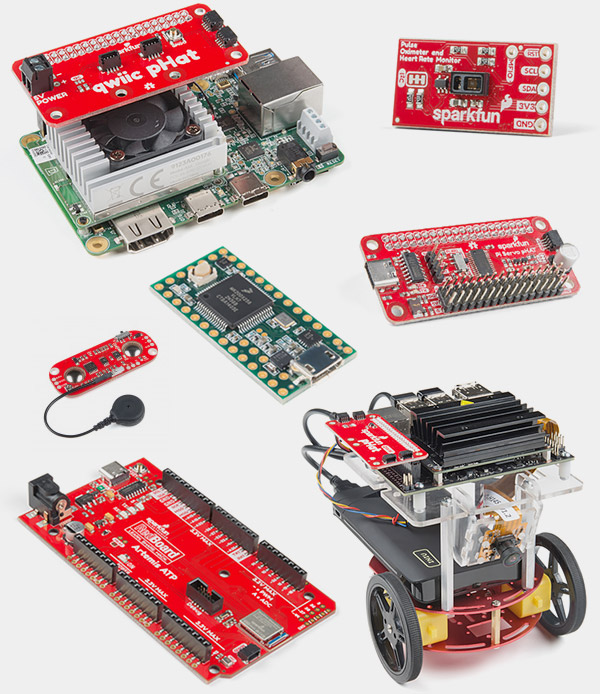
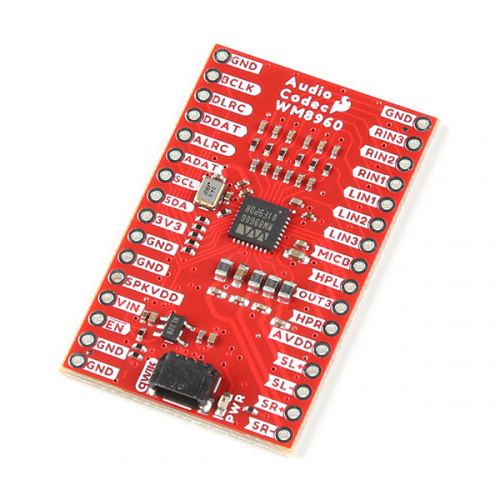
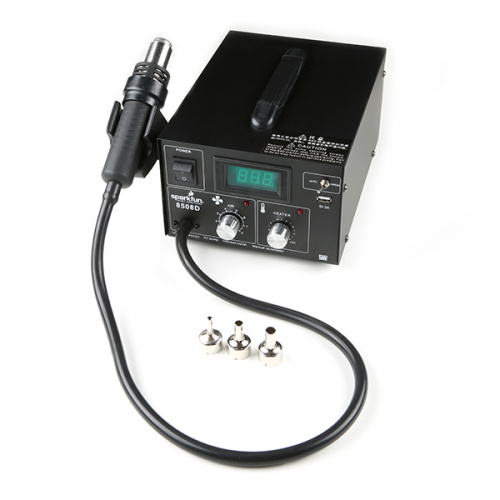
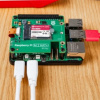
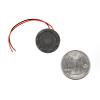

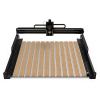
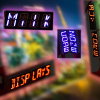





I have a question that Pete might be able to answer: In glancing at the documentation for SparkFun Audio Codec Breakout - WM8960 (Qwiic) it looks like it might be possible, using something like the SparkFun Thing Plus - ESP32 WROOM (USB-C) as a controller to record short bursts (maybe 2 seconds at a time) of stereo from microphones to a uSD card for later analysis. Am I missing something here, Pete? (None of the examples seem to talk about recording the digitized data.)
A project I've been thinking about for quite some time is a payload for a near-space balloon to measure the speed of sound -- by placing two microphones a known distance apart, and having a speaker beyond one of them on the same axis emitting a frequency sweep, it would be a fairly simple matter to recover the speed of sound when the wavefronts are "in phase" indicating that the wavelength at that frequency is the same as the distance between the mikes. (Note that there are several "sound trigger" boards around that would play an MP3 or a WAV file to drive the speaker, and it's a relatively simple matter to mathmatically create a file that will give a sine wave sweep.)
One other minor comment: I wish that SF would adopt Adafruit's practice of mentioning the weight of the boards. This project is partially dependant upon keeping the total weight down, and I suspect that some of the other projects I've seen reported have the same concerns.
Hi! There was talk about recording sound coming in through the WM8960 and saving it to a microSD card (there is a microSD card socket on the IoT RedBoard - ESP32) but we were not able test that theory out. Maybe when we have a minute we can revisit this and add it into the library. I'll pass this along as a suggestion. ;)
Also, as far as weights in the features I can bring that up. We do it for some of the products. Measuring the weight of the WM8960 without headers, it is about 4.1g. It is now included in the product page for the audio codec. =)
First, thanks for the reply!
FWIW, FedEx's tracking shows that they are supposed to deliver a CODEC breakout board, a SparkFun Thing Plus - ESP32 WROOM (USB-C), some mikes, and a few other things tomorrow. :-) It will probably be a few days before I get a chance to try it out, though. If/when I make some progress on it, I'll post something here. Note, though, that for my application, I only need to record a short burst of sound -- a couple of seconds -- not a full song -- so if I have to buffer the sound data into RAM and then write it out to the uSD after the burst, that's not a problem like it would be with trying to record something like a performance.